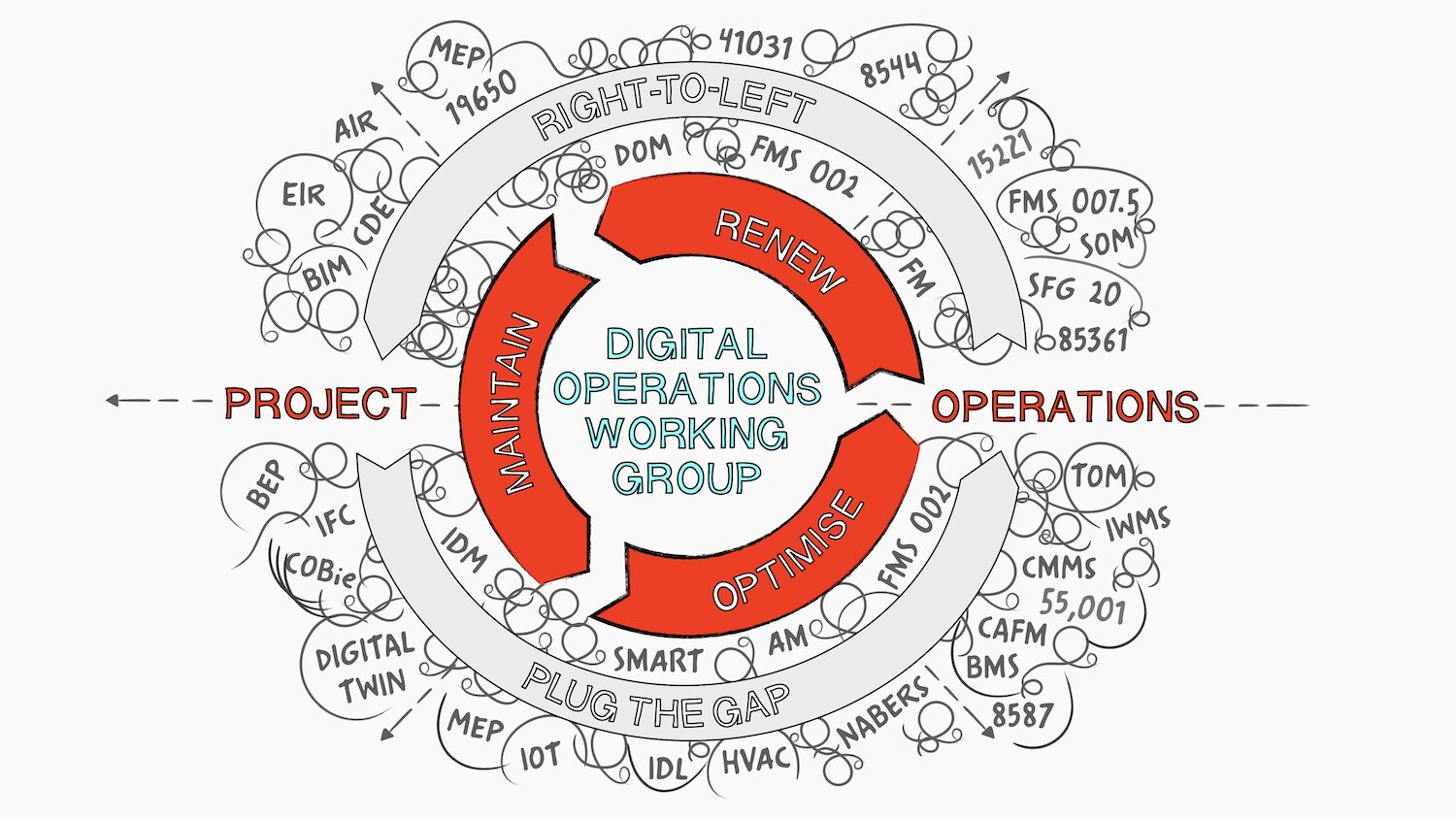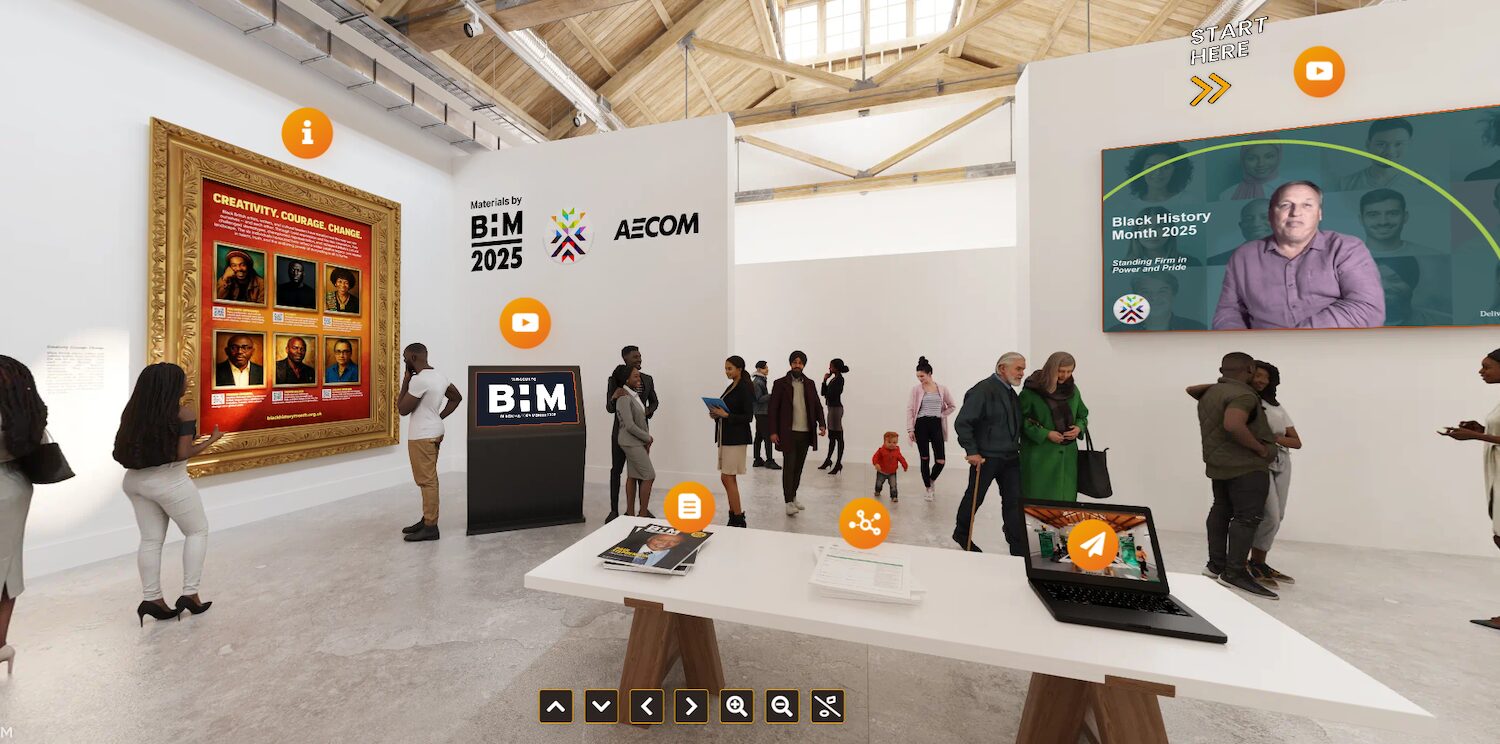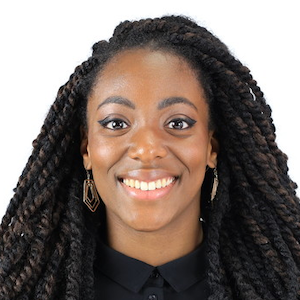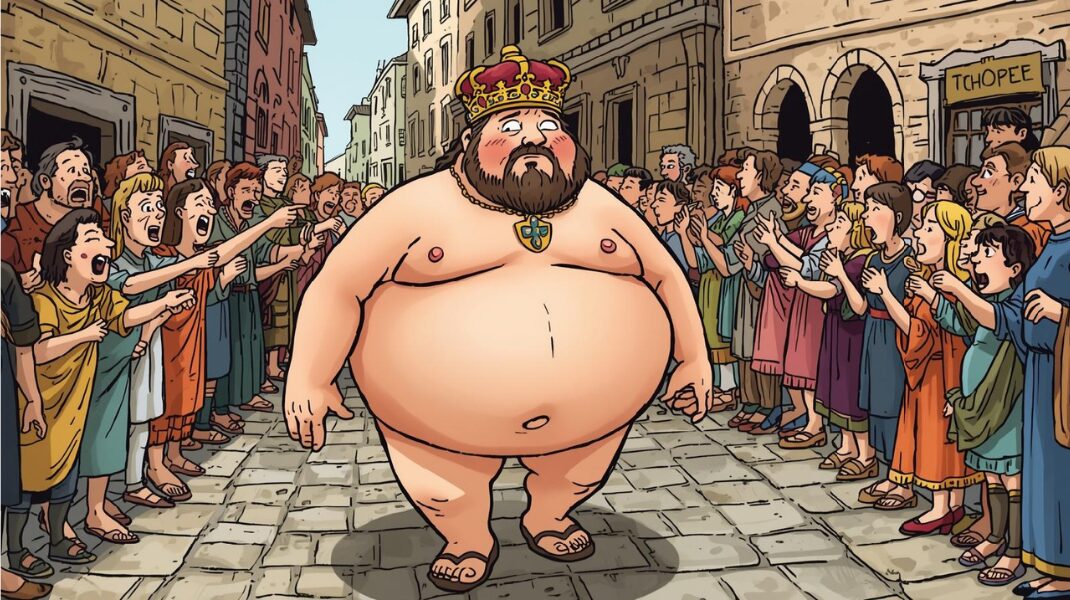
Aecom’s digital bridge to representation and inclusion
Aecom is using digital construction technology to promote Black History Month to its staff. Gabrielle Appiah reveals how.

Each October in the UK, Black History Month serves as a celebration of Black British culture, achievements and the contributions of black figures throughout British history.
When people see leaders, innovators and changemakers who reflect their own identities, it expands their sense of possibility. This is especially true in the built environment sector. By spotlighting black excellence in engineering, architecture, planning and design, we not only acknowledge vital contributions, but we also inspire the next generation.
As a stakeholder engagement specialist, I’ve always been passionate about how technology can make engagement more inclusive. I joined Aecom in the first place because of its innovative use of digital tools to make public consultations more accessible.
Our popular virtual consultation platforms provide an easy-to-use and accessible format to effectively replicate and enhance an in-person event, enabling users to explore proposals, leave feedback and engage meaningfully.
Initially popularised during the Covid-19 pandemic, this technology provided a platform for public consultations when in-person gatherings couldn’t take place, allowing key projects to continue. Between 2019 and 2025, Aecom delivered more than 1,000 virtual consultation rooms for a wide range of purposes and clients, including Transport for London, Network Rail and National Highways.
Bringing Black British history to (virtual) life

“By using digital tools to make history more accessible, we’re embodying the very spirit of inclusivity that Black History Month represents.”
This year, we’ve continued to use the tool innovatively by creating a virtual exhibition for Black History Month. I’m co-chair of the commerce subcommittee in Aecom’s Ethnic Diversity Network – a voluntary, employee-led group that is part of a wider network of employee resource groups operating across our Europe and India region. We worked with our visualisation and VR team to create an online hub, bringing the stories of Black British icons to life in an engaging way.
The virtual exhibition offers greater convenience and accessibility for staff interested in learning more about Black British history and culture. The exhibition features posters from Black History Month UK, which highlight key figures and moments in Black British history – including historical figures from the world of urban studies, such as W.E.B. Du Bois, who are often overlooked – alongside videos sharing inspiring stories and perspectives.
Similarly, the virtual exhibition also seeks to support direct engagement with the material through an interactive board that will allow staff to discuss and reflect on the rich history and contributions of black communities in the UK, bringing history to life through technology.
We’ve also hosted several in-person events across our offices in London, Cardiff, Leeds, Manchester, Edinburgh and Dublin, bringing people together to engage with the virtual exhibition on the big screen and prompt conversations between our Aecom colleagues.
Breaking down barriers
The virtual exhibition and our consultation platforms both aim to break down barriers to participation. By using digital tools to make history more accessible, we’re embodying the very spirit of inclusivity that Black History Month represents. Crucially, we hope not only to boost awareness of Black history and culture in the UK, but also to make it easier than ever for our colleagues to engage with this material to more comprehensively understand and appreciate these topics.
In my day-to-day job in the stakeholder engagement, consultation and communications team, I have a responsibility to involve communities in shaping the changes happening in their cities. To do that effectively, we need diverse voices at the table. Representation drives innovation and better decision-making. When people from different backgrounds come together, they bring fresh perspectives that challenge assumptions and spark collaboration.
My hope is that in the years ahead, our industry will continue to encourage more Black British icons from our sector whose stories we can celebrate, and who will inspire the next generation of architects, planners, engineers and designers.
Keep up to date with DC+: sign up for the midweek newsletter.






